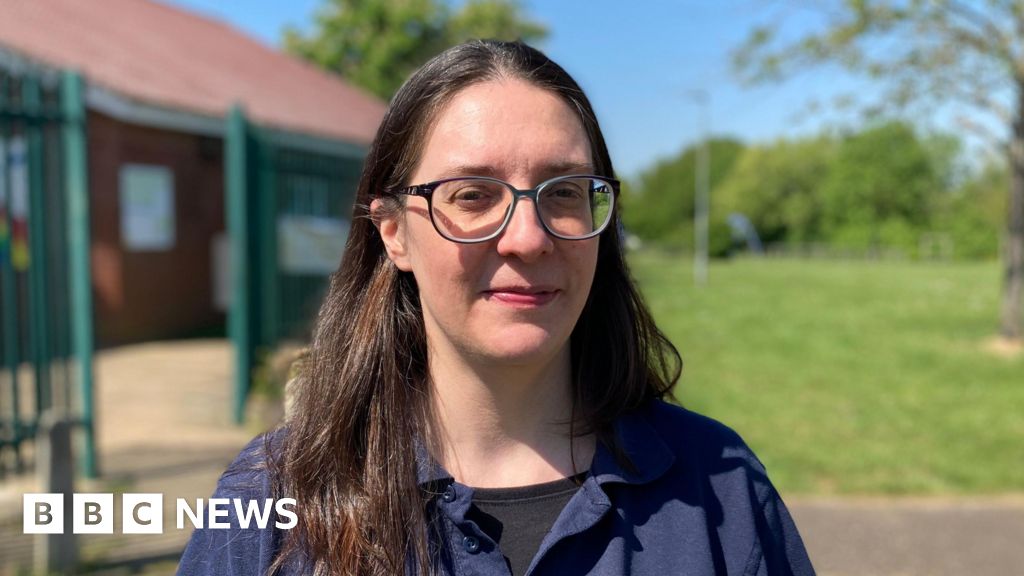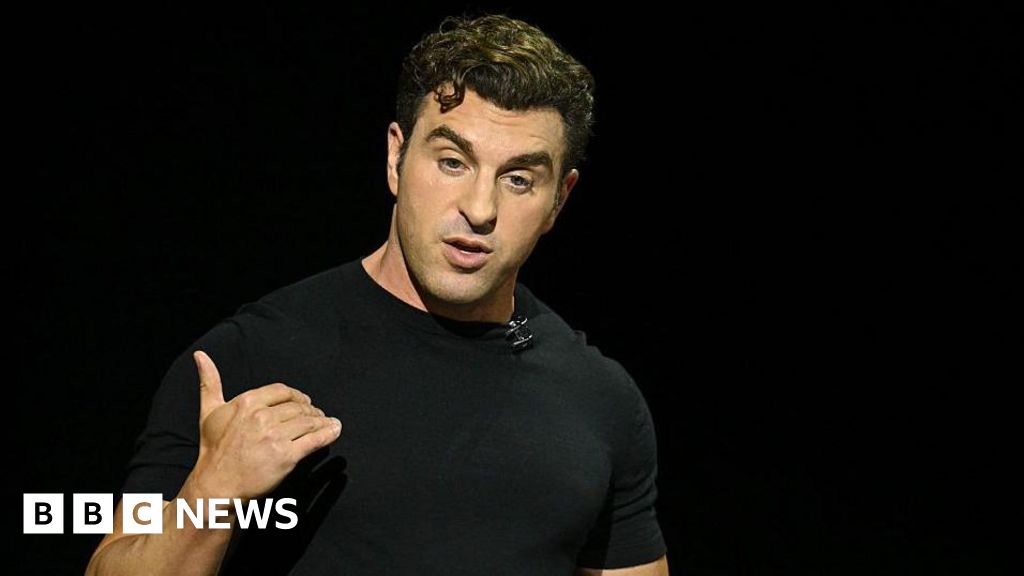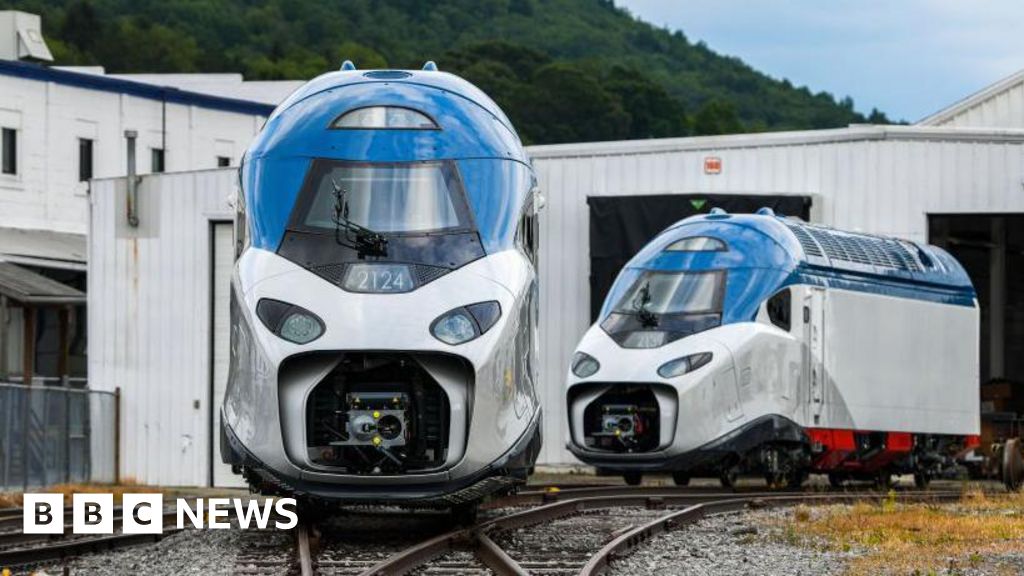ARTICLE AD BOX
Greener technologies will help drive down household bills by the end of the decade, former Bank of England Governor Mark Carney has said.
By 2030, the cost of renewable energy will be lower, homes will be better insulated, and the cost of running electric vehicles will be lower, after an "initial investment cost", he said.
Mr Carney said the new National Wealth Fund, recently announced by Labour, will attract investment in infrastructure and green industry.
But households will need to put money into technologies including such as heat pumps and electric vehicles to get the UK on track to meeting climate targets.
Under its £7.3bn National Wealth Fund, the new Labour government is to put money towards higher-risk projects, such as gigafatories for batteries, hydrogen fuel, carbon capture, and green steel.
It aims to attract more private sector funding, which will build momentum if the projects are successful, Mr Carney told the BBC's Today programme on Wednesday.
However, the Climate Change Committee has said that for the UK to get to net zero emissions by 2050 - that is, to completely off-set all carbon emissions - it needs to be investing £50bn per year by 2030.
Part of this cost will be taken on by the private sector, and investment will increase over time if green projects are successful, Mr Carney said.
He did caution, however, that some of this would be taken on by households.
"As we're looking towards the end of the decade... you have better insulated homes, the cost of energy is lower, the cost of managing and running electric vehicles is lower," Mr Carney said.
"So there's an initial investment cost, but then the actual cost, the actual household bills that we pay, go down."

 10 months ago
51
10 months ago
51








 English (US) ·
English (US) ·